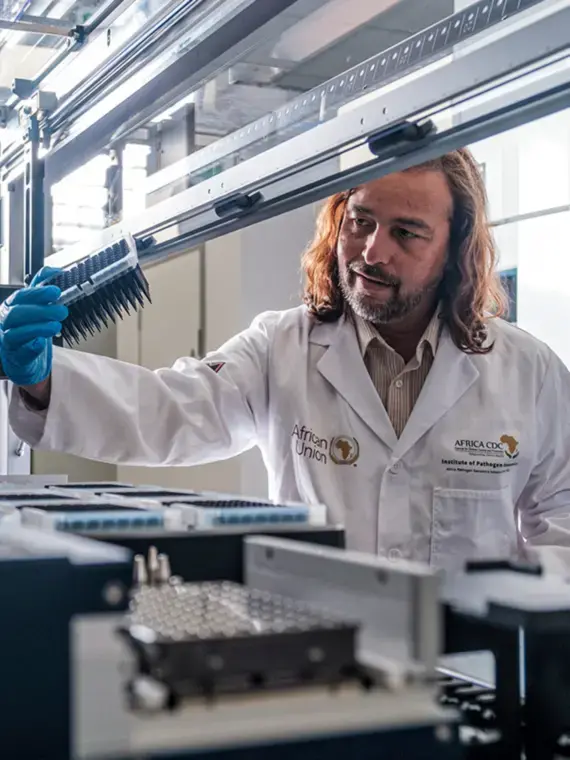Perhaps no single person has done more to alert the world to dangerous new variants of the pandemic coronavirus than Tulio de Oliveira, whose team first flagged the emergence of both the Omicron and Beta variants in South Africa. Yet the pony-tailed, Brazilian-born bioinformatician at Stellenbosch University is more than an extremely talented disease detective. He has recently become the most influential advocate for scientists in the Global South.
This spring, he and other scientists called for dropping location-based names for monkeypox, which stigmatized Africa; days later, the World Health Organization complied. In May, Lancet published his stinging editorial about the lack of respect and funding for African researchers, days after TIME magazine named him one of the 100 most influential people of 2022. And when his team’s world-shaking identification of the Omicron variant last Thanksgiving led countries to reimpose bans on travelers from South Africa, he took to Twitter to call them “evil” and “stupid.”
The deceptively soft-spoken Oliveira, 46, has big ambitions: He is launching a sophisticated $100-million genome sequencing center where he’s already training dozens of African scientists from more than 30 countries, preparing them to avert the next pandemic. This profile of a complex man and his fight to turn Africa into a medical science powerhouse spotlights the huge strides that are being made in African medical science, and how that science has come into its own during the coronavirus pandemic.

